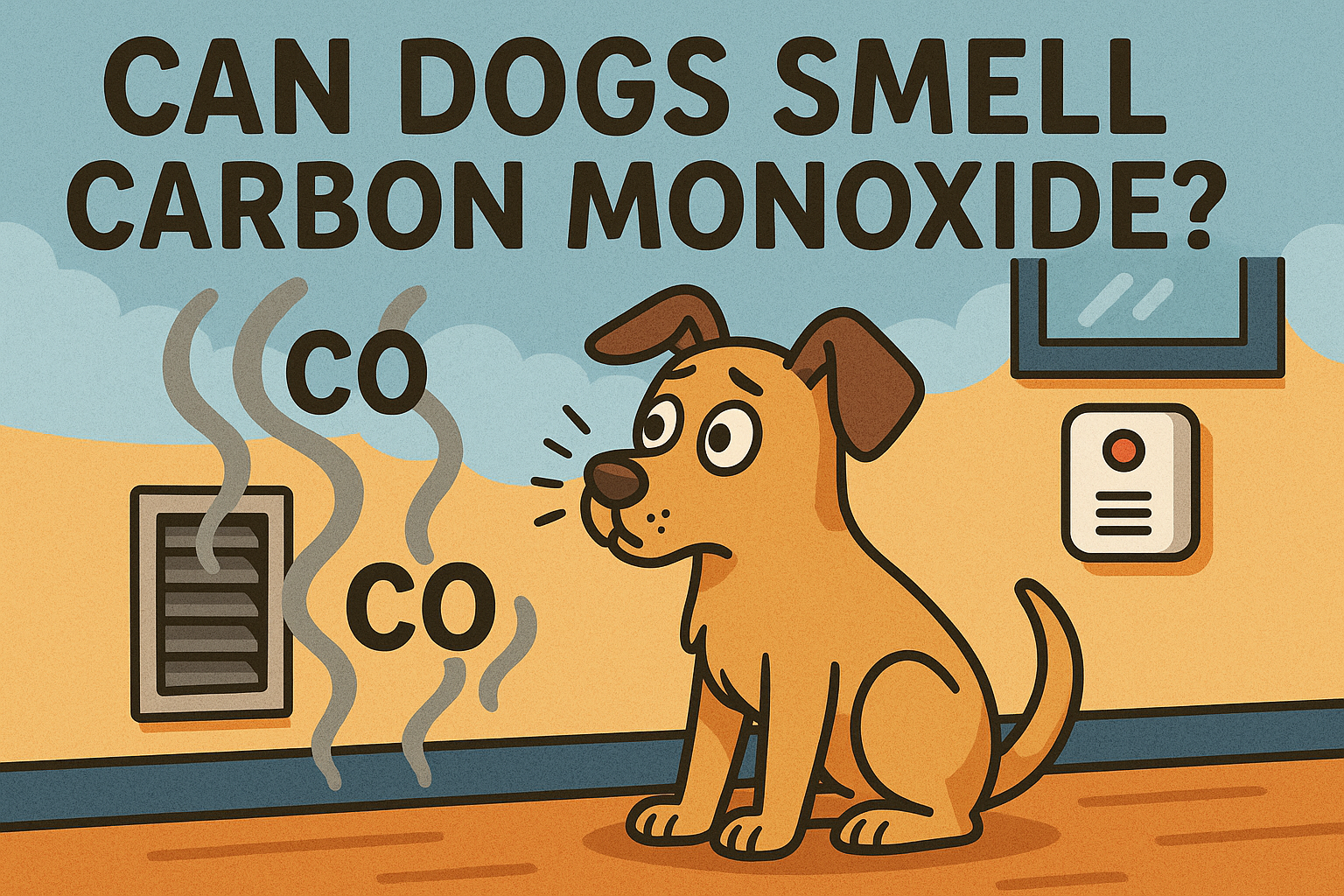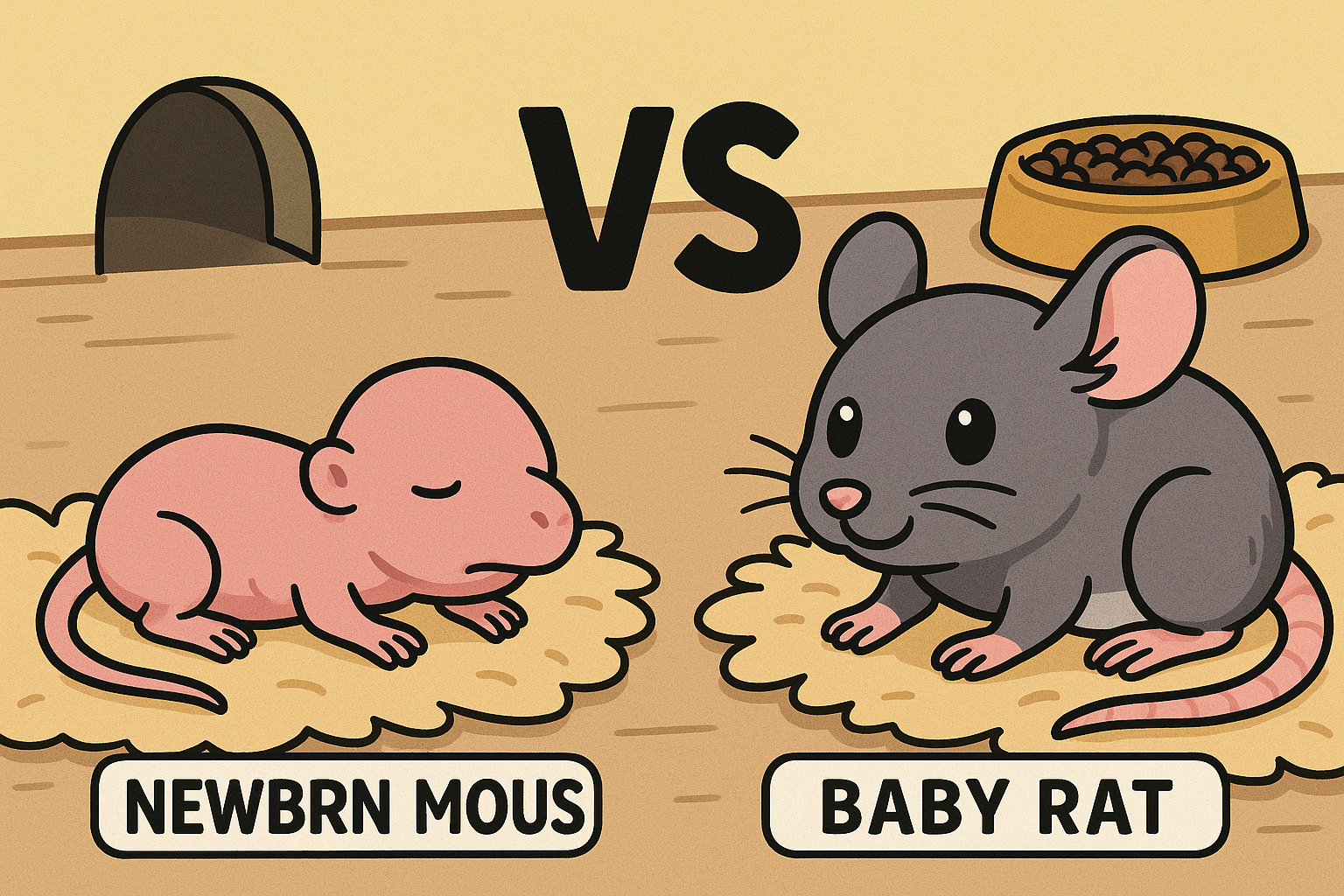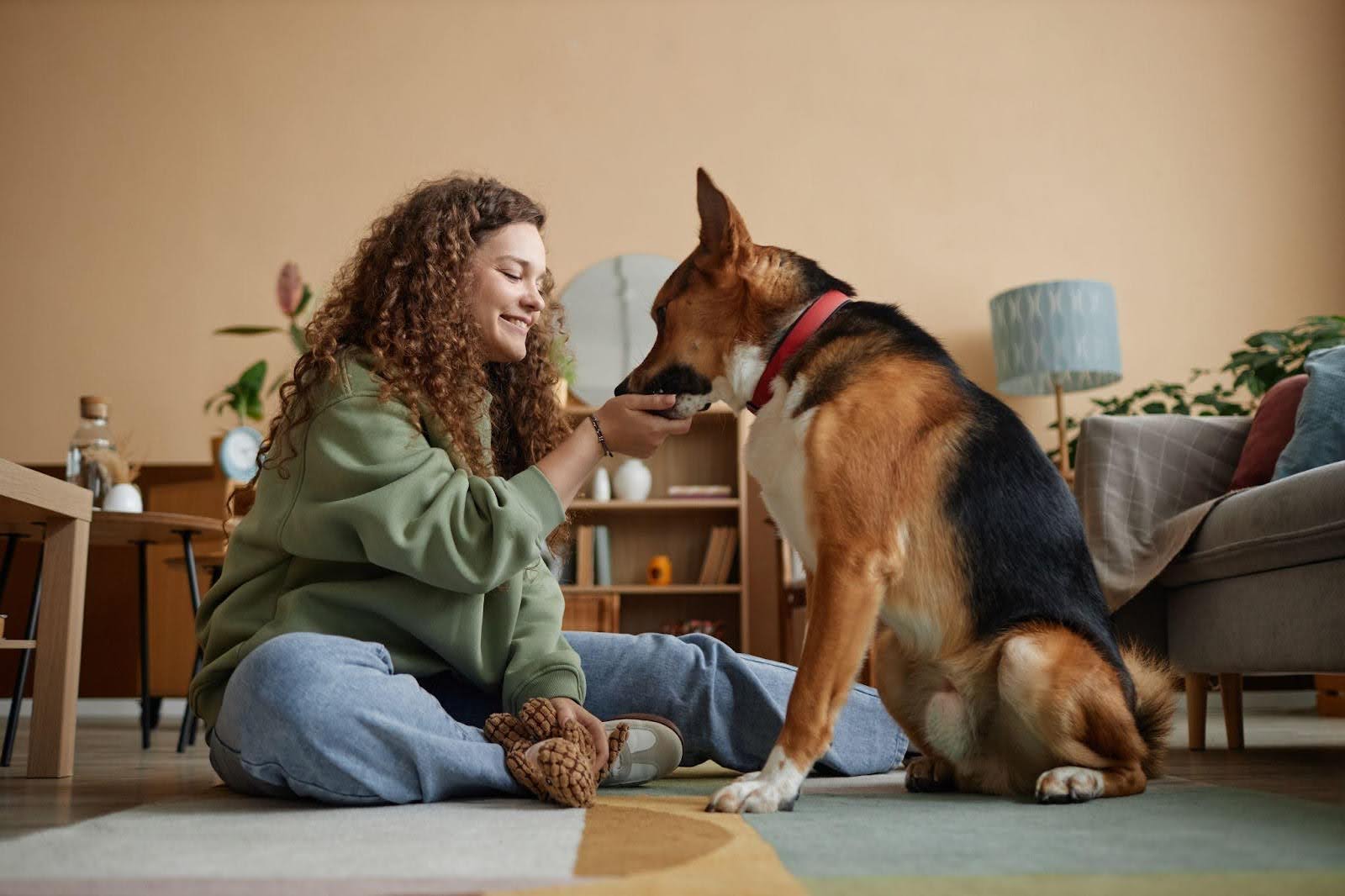Dogs are famous for their super-powered sense of smell. They can sniff out drugs, detect diseases, find missing people, and even alert us to dangerous situations. But there’s one silent threat that often raises concern: carbon monoxide.
It’s colorless, odorless, and deadly. This raises a crucial question for pet parents: Can dogs smell carbon monoxide? In this article, we’ll explore the science behind your dog’s nose, how CO affects them, and how you can protect both your dog and yourself.
Can Dogs Smell Carbon Monoxide?
No, dogs cannot smell carbon monoxide. Just like humans, they are unable to detect this dangerous gas through scent because carbon monoxide (CO) is completely odorless.
While dogs have an exceptional sense of smell, even they can’t pick up something that has no scent. CO gas lacks color, taste, and smell, making it impossible for even the most scent-sensitive dog to detect it directly.
That said, dogs may respond to the effects of CO exposure much earlier than humans, giving indirect signs that something is wrong.
Why Carbon Monoxide Is So Dangerous
Carbon monoxide is a gas produced when fuel is burned incompletely. This can happen in homes through faulty furnaces, gas stoves, car engines, or blocked chimneys.
The danger of CO lies in how it affects the body. When inhaled, it binds to red blood cells more effectively than oxygen. This blocks oxygen delivery to vital organs, leading to symptoms like dizziness, confusion, or even death.
Because it’s invisible and odorless, people and pets often don’t realize they’re being poisoned until it’s too late. That’s what makes early detection critical.
How Dogs React to Carbon Monoxide Exposure
Even though dogs can’t smell carbon monoxide, they often show physical symptoms of poisoning earlier than humans due to their smaller size and faster metabolism.
Common signs of CO poisoning in dogs include:
- Lethargy or unusual tiredness
- Difficulty walking or lack of coordination
- Rapid or labored breathing
- Vomiting or drooling
- Sudden collapse
- Seizures or unconsciousness
If your dog is suddenly acting ill or distressed, especially in enclosed spaces, carbon monoxide could be the cause.
Can Dogs Warn You About Carbon Monoxide?
Yes—but not by smelling the gas. Dogs might detect a problem early by responding to how it makes them feel. This can include:
- Barking or whining without clear reason
- Pacing or appearing anxious
- Trying to leave the house or hiding in unusual places
- Waking you up in the middle of the night
While these behaviors aren’t exclusive to CO exposure, if they appear suddenly and your dog seems ill, it’s worth investigating possible carbon monoxide leaks.
How to Protect Your Dog (and Yourself) from Carbon Monoxide
Relying on your dog to detect carbon monoxide is not a safe plan. Instead, use these proven methods to keep everyone in your home safe:
- Install carbon monoxide detectors on every floor and near sleeping areas
- Test your detectors monthly and replace batteries at least once a year
- Have heating appliances inspected regularly by professionals
- Never run vehicles or generators in closed garages
- Keep fireplaces and vents clean and unblocked
- Make sure your dog sleeps near a CO detector, especially if they rest in a basement or closed room
Taking proactive steps helps prevent exposure in the first place.
What to Do If You Suspect CO Poisoning in Your Dog
If your dog is showing signs of carbon monoxide exposure, act fast:
- Immediately take your dog outside to fresh air
- Ventilate your home by opening windows and doors
- Evacuate yourself and others from the property
- Call emergency services and notify them of a suspected CO leak
- Contact your vet or a 24/7 emergency animal clinic
Treatment may involve oxygen therapy, IV fluids, and careful monitoring. Never wait to see if symptoms improve on their own—CO poisoning escalates quickly.
The Science Behind a Dog’s Sense of Smell
Dogs have up to 300 million olfactory receptors in their noses, compared to just 6 million in humans. They can detect substances in parts per trillion, and their brains are wired to process scent information far better than ours.
Despite their super-sensing abilities, dogs are still unable to detect carbon monoxide because it lacks the molecules required to trigger their olfactory sensors.
What they can detect:
- Cancerous cells
- Low blood sugar or seizures
- Mold or gas leaks (with odors)
- Missing persons, explosives, and narcotics
But no nose in the animal kingdom can pick up on CO.
Are There Any Dogs Trained to Detect Carbon Monoxide?
While some dogs are trained to respond to medical emergencies or changes in human behavior, none are trained to smell carbon monoxide because it physically cannot be smelled.
There have been stories of dogs saving their families from CO exposure by alerting them when something felt wrong. But this isn’t due to detecting the gas—it’s likely a reaction to feeling unwell or sensing that their owners are in distress.
The only reliable early warning system is a properly functioning carbon monoxide detector.
Final Thoughts
Dogs may be heroes in many situations, but even they have limits. Can dogs smell carbon monoxide? No. Despite their incredible noses, this odorless gas escapes even their detection.
However, your dog may be your first warning sign if they start behaving strangely. Always pay attention to their behavior and install carbon monoxide detectors in your home. It could save both your lives.
Don’t rely on instinct or guesswork—when it comes to carbon monoxide, preparation is protection.
FAQs
Can dogs actually smell carbon monoxide?
No. Carbon monoxide is odorless, and dogs cannot detect it through smell.
Why is my dog acting strange near the heater?
If a heater is malfunctioning and emitting carbon monoxide, your dog may be reacting to its effects, not the gas itself.
Can carbon monoxide kill a dog?
Yes. Dogs are often affected faster than humans and can suffer severe or fatal consequences if exposed.
What are early signs of CO poisoning in pets?
Look for vomiting, lethargy, disorientation, rapid breathing, or collapse.
Will a carbon monoxide detector protect my dog?
Yes. CO detectors are essential for everyone’s safety, including your pets.









